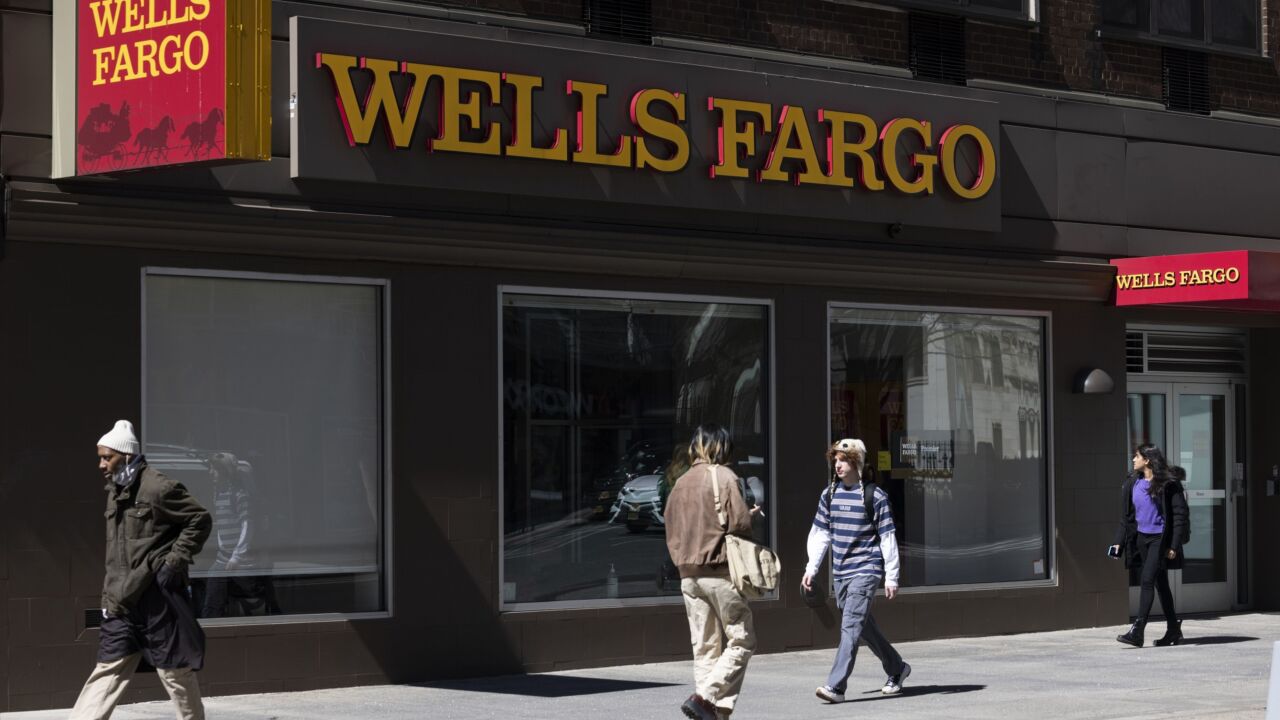ATLANTA -- Jacksonville officials said yesterday that the city plans to sell $121 million of tax-exempt debt to renovate the Gator Bowl for the National Football League's newest expansion team, the Jaguars.
On Tuesday in a surprise decision, the NFL awarded Jacksonville, a city of 700,000 located in the northeastern comer of Florida, the league's 30th team. The award follows the designation Oct. 26 of Charlotte, N.C., as the other site for the two expansion teams.
Jacksonville Treasurer Richard Cohee said yesterday that the largest source of funds for the stadium renovation would be a $66 million fixed-rate revenue bond offering to be issued by the end of the first quarter of 1994 by a Merrill Lynch & Co.-led syndicate.
The remainder, about $55 million, will come from a $230 million commercial paper program designed to fund a wide range of city improvements, Cohee said. The commercial paper program will be managed by Goldman, Sachs & Co.
Cohee said the city did not expect to encounter any resistance from bond counsel to using tax-exempt debt to fund the stadium because the facility will be owned and operated by the city. The stadium will be leased to the Jaguars, he said.
Although the federal Tax Reform Act of 1986 eliminated the authority of municipal entities to issue tax-exempt private-activity bonds, local governments can issue tax-exempt governmental-use bonds for stadiums if certain conditions are met.
Under the tax reform law, tax-exempt bonds may be issued if the facility is not used principally by a private party or if less than 10% of the bonds are secured by a private party. The stadium financings meet this test, Cohee said.
Bond proceeds will be used to prepare the aging Gator Bowl for Jaguars home games by the opening of the 1995 season, Cohee said. Although the revamped stadium will actually have less seating capacity, at 73,000, than its current 82,000, it will have 10,000 club seats and 96 suites, he said.
The city proposes to cover debt service on the $66 million fixed-rate portion with at least four revenue sources expected to bring in about $11 million annually.
The largest source is a "franchise fee" levied-on large utilities in the Jacksonville area that brought in about $5.7 million in 1992. Another source is a state grant of $2 million a year over 30 years that Florida has guaranteed to provide for cities that have landed major league sports franchises locating in the state.
In addition, two tourist-related taxes will be pledged to the bond issue: a new one-penny hotel bed levy, and the existing two-penny tourism tax. Each penny of these taxes will raise about $1 million, Cohee said.
The Jacksonville treasurer said the city would consider a credit enhancement for the fixed-rate bond issue, but had not yet made a final decision on whether to do so.
Cohee said the commercial paper program, which was launched last month with the issuance of a $20 million tranche, is secured by a subordinated lien on the city's one-half-cent share of the 6.5-cent state sales tax. This year, the tax is expected to bring in about $41 million.
Liquidity support for the program is provided by Morgan Guaranty Trust of New York, Credit Suisse, Dresdner Bank, and Sun Bank.
The program is currently rated P-1 by Moody's Investors Service and A-1 by Standard & Poor's Corp.
The commercial paper program, Cohee said, is part of a much larger capital-spending initiative dubbed River Renaissance, which totals $460 million. In addition to the $55 million designated for the stadium renovations, the River Renaissance funds will be used for programs including health facilities, neighborhood centers, parks, zoos, and performing arts centers.
Even if the city had not won the football franchise, Cohee said, it had planned to use $50 million from the capital spending plan for renovation of the Gator Bowl to allow it to better host college football games.
The city's responsibility to cover stadium operating expenses at Jaguar games, which will amount to about 1 million a year, will be met by half of the proceeds from a $2.50 surcharge levied on each stadium ticket, Cohee said. The other $1.25 per ticket, he said, will be set aside to provide additional debt service coverage.
Rating agency officials acknowledged yesterday that the award of the franchise adds luster to a city already considered a strong credit. They said they looked forward to reviewing the details of the upcoming financings.
"The award is a good boost for a community that we already view as having a strong economic base," said Barbara Bych, an associate director at Standard & Poor's. "But because the coverage sources [for the fixed-rate bonds] are such a mixture, we will have to look very carefully at the structuring of the issue."
Bych said she would expect the fixed-rate debt to carry an unenhanced rating "in the A range."
John Incorvaia, a vice president at Moody's, said that in addition to examining the backing of the fixed-rate bond issue, he would also analyze the effect of stadium operating expenses. on the city's finances.
"We are very interested in seeing what the overall impact [of the franchise] is on Jacksonville, and if it would represent a drain on operating revenues," he said.
In winning the franchise Tuesday by a 26-to-2 vote of NFL owners, Jacksonville prevailed over three other rivals: Baltimore, Memphis, and St. Louis. Each of these cities had also proposed using municipal debt to prepare a stadium facility.
Jacksonville's approximately $20 million of general obligation debt is rated double-A by Standard & Poor's and Fitch Investors Service and A1 by Moody's.





